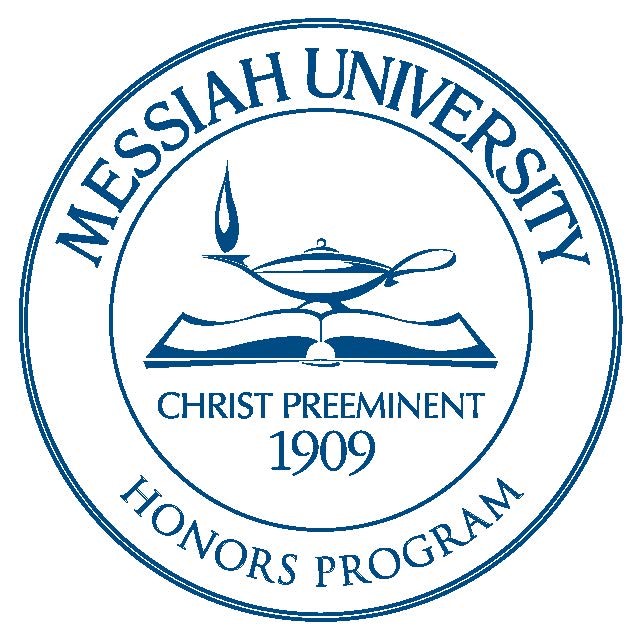Date of Award
2014
Document Type
Thesis
Department
Psychology, Criminal Justice and Sociology
Abstract
It is important that college students have good stress coping mechanisms, as they face much stress every day. A previous study of college students that found that prayer did not significantly reduce stress levels was adjusted to test how a period of short-term prayer would impact the stress levels of college students, as indicated by psychological and physiological measurements. Students from psychology courses (n=32) participated in this experiment. Participants were assigned to either listen to a stress-relief audio clip (control) or a guided prayer (experimental) for about ten minutes. Their stress levels were assessed using physiological measurements (i.e. heart rate) and self-reported feelings (i.e. anxiety) before, after, and during the experiment. It was found that both the participants in the control and experimental groups had significantly lower stress measurements following the experiment, but there was not a significant difference between the groups. The results indicate that college students can reduce their stress levels both through prayer and relaxation exercises. Future research could investigate if long-term prayer routines would have a positive impact on students’ stress levels over a semester.
Recommended Citation
Garber, Jess, "Prayer and Stress: How Prayer Mediates the Body’s Physiological Response to Stressors" (2014). Honors Projects and Presentations: Undergraduate. 101.
https://mosaic.messiah.edu/honors/101


